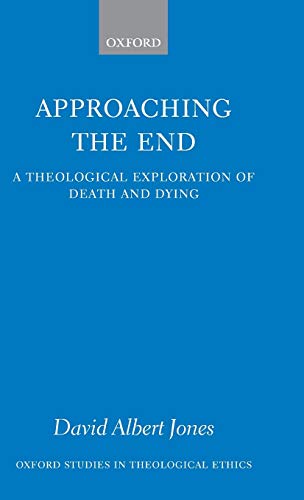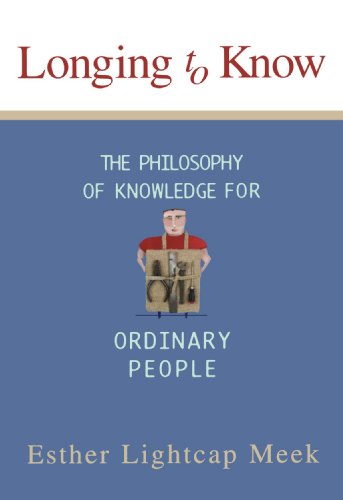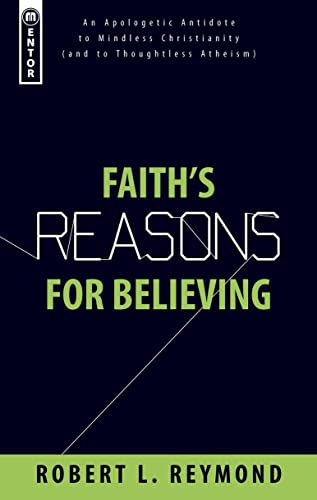Participatory Biblical Exegesis: A Theology of Biblical Interpretation
Written by Matthew Levering Reviewed By Gerald BrayNew methods in biblical interpretation have become something of a staple in the theological diet over the past decade, but the subject is so vast that a different angle is always possible, and Matthew Levering offers us just that. In this book, he explores the thesis that the interpretation of Scripture followed a particular path of development up to the late thirteenth century, when it suddenly diverged into something much more academic and distant from the life of the church. Dr Levering calls this earlier pattern ‘participatory’, by which he means that readers and preachers of the sacred text felt that they were part of the community being addressed. As we would say today, they applied the words of the Bible to their own lives without much sense of historical or cultural difference between it and them. As later generations became more aware of what we would call ‘cultural conditioning’ or perhaps ‘contextualization’, they discovered difficulties in the Bible that had not been apparent to their ancestors.
Not content with mere theory, Dr Levering earths his thesis in a historical study of how John 3:27–36 has been interpreted through the centuries. As he sees it, Thomas Aquinas represents the climax of the ancient hermeneutic, after which there was a steady transformation whose most recent manifestation can be seen in the commentary of Raymond Brown. Dr Levering writes as a Roman Catholic, and although he mentions Protestant scholars from time to time, it is on his fellow Catholics that he concentrates his attention. The great sixteenth-century commentator is therefore Erasmus, not Calvin (whom he ignores), and when Protestant exegesis makes its appearance, it is in the liberal form commonly adopted by contemporary Catholic scholars. As so often in works of this kind, Protestantism is equated with liberalism and therefore caricatured, although Dr Levering does not do this with any hostile intent. The irony is that he ends with a quotation from Markus Bockmuehl, an evangelical Protestant, which he regards as programmatic for a recovery of the participatory biblical interpretation of the church fathers!
By its very nature, Dr Levering’s thesis is a broad one which will require (and perhaps eventually receive) any number of qualifications, but this should not blind us to the fact that he has blazed a trail in the historical interpretation of the Bible that we would do well to take seriously. The life of the church and the academic study of the Bible both suffer when they are divorced from one another, and recovering their unity is essential for the health of the body of Christ. Many people across the theological spectrum have become aware of this in recent years, and Dr Levering’s book should be seen as a further contribution to that process. If it raises awareness of the need to reassess pre-modern Biblical exegesis and appropriate what is of permanent value in it, then it will have succeeded in its aims and made a real contribution to the development of biblical studies generally.
Nearly half the book is taken up with endnotes and bibliography, both of which are very extensive. Readers for whom footnotes are the stuff of life will be delighted by this and spend many happy hours discovering their riches, though others may think that more of this material should have gone into the main text. Either way, there is a great deal here to ponder and meditate on. Dr Levering is to be congratulated for making his research publicly available and encouraging us to broaden our own horizons of biblical study to include the ‘participatory’ exegesis of the text that is so often dismissed as unscholarly and irrelevant.
Gerald Bray
Gerald Bray is research professor of divinity at Beeson Divinity School in Birmingham, Alabama, where he teaches history and doctrine. He is a minister in the Church of England and the editor of the Anglican theological journal Churchman.
Other Articles in this Issue
Though his primary concern was how to persuade people from diverse backgrounds to embrace the gospel of Jesus Christ (1 Cor 9:12, 23), Paul, nonetheless, embodies a principle common to all who would provide leadership to a community comprised of a multiplicitous collection of rigid truth claims and behaviors...
The Ethnic Enemy—No Greek or Jew . . . Barbarian, Scythian: The Gospel and Ethnic Difference
by Keith FerdinandoWhatever 'globalisation' may be, it has been accompanied by insistent and sometimes violent affirmations of ethnic identity...
Despite a small flurry of attention over the past decade, Adolf Schlatter (1852–1938), Tübingen professor of New Testament and author of more than 440 written works, remains one of the most neglected yet illuminating theological voices of the past one hundred years...
Commentators have customarily interpreted Phil 2:12 as a reference to "working out" one's personal salvation...
Salvation History, Chronology, and Crisis:1 A Problem with Inclusivist Theology of Religions, Part 1
by Adam SparksA fundamental requirement in an inclusivist understanding of the relationship between Christianity and other religions is evidence of God's salvific activity outside of any knowledge of Christ...







